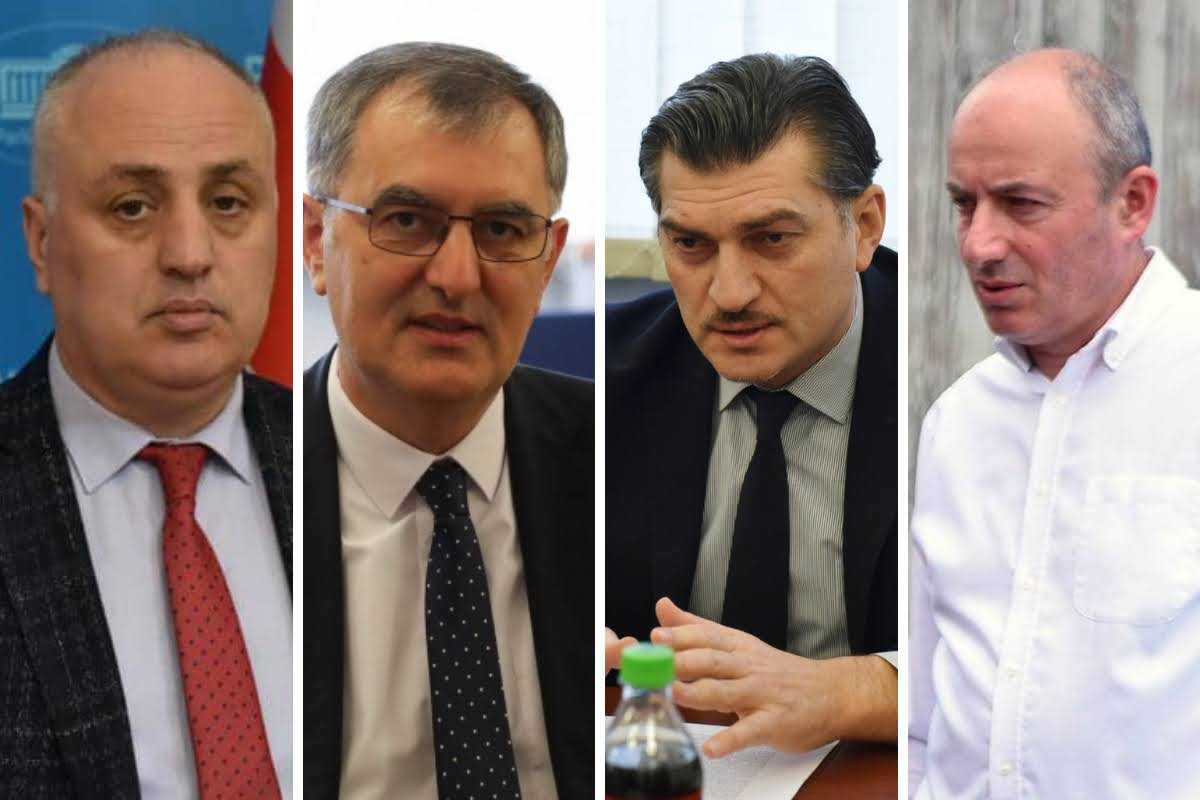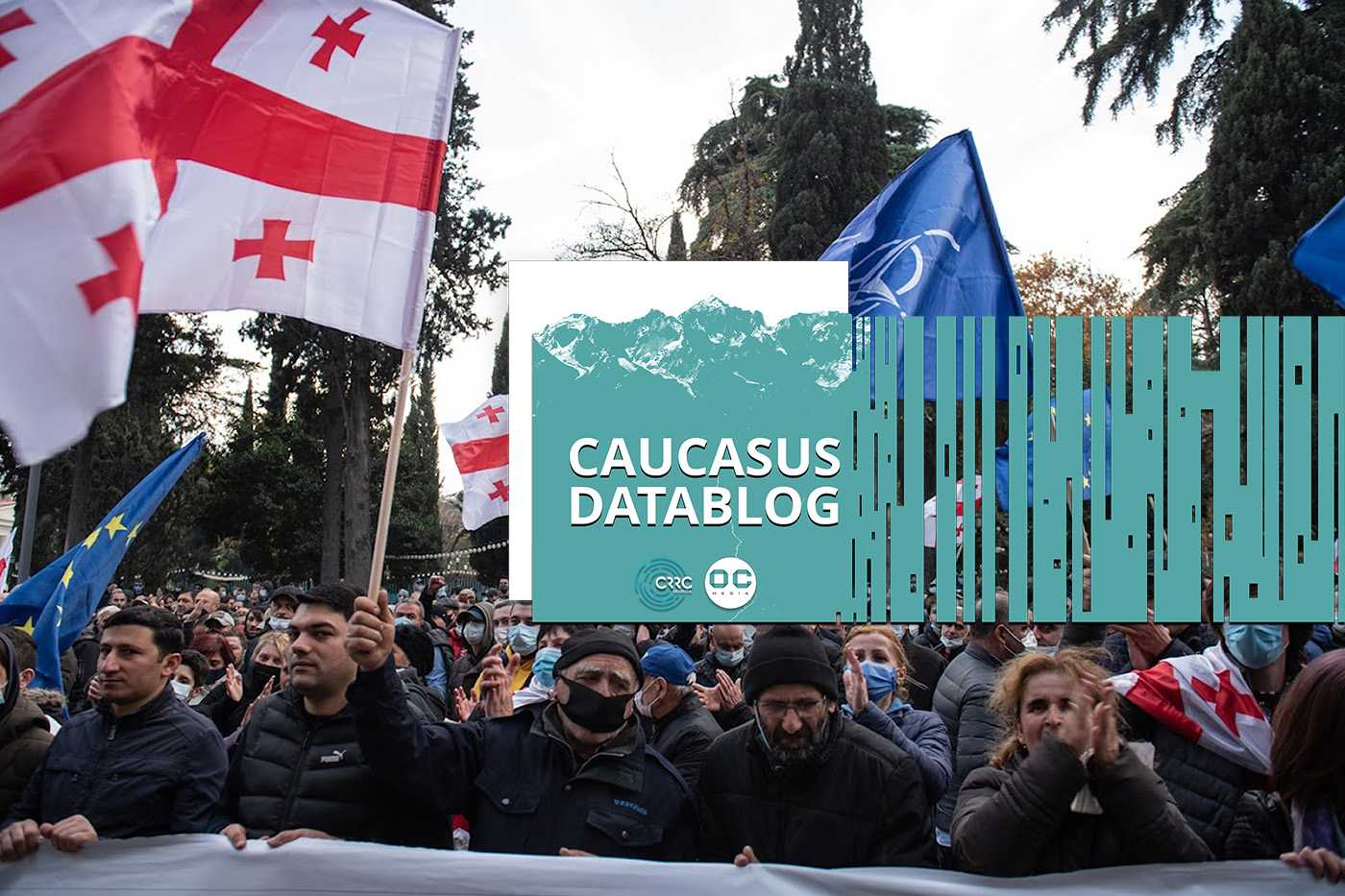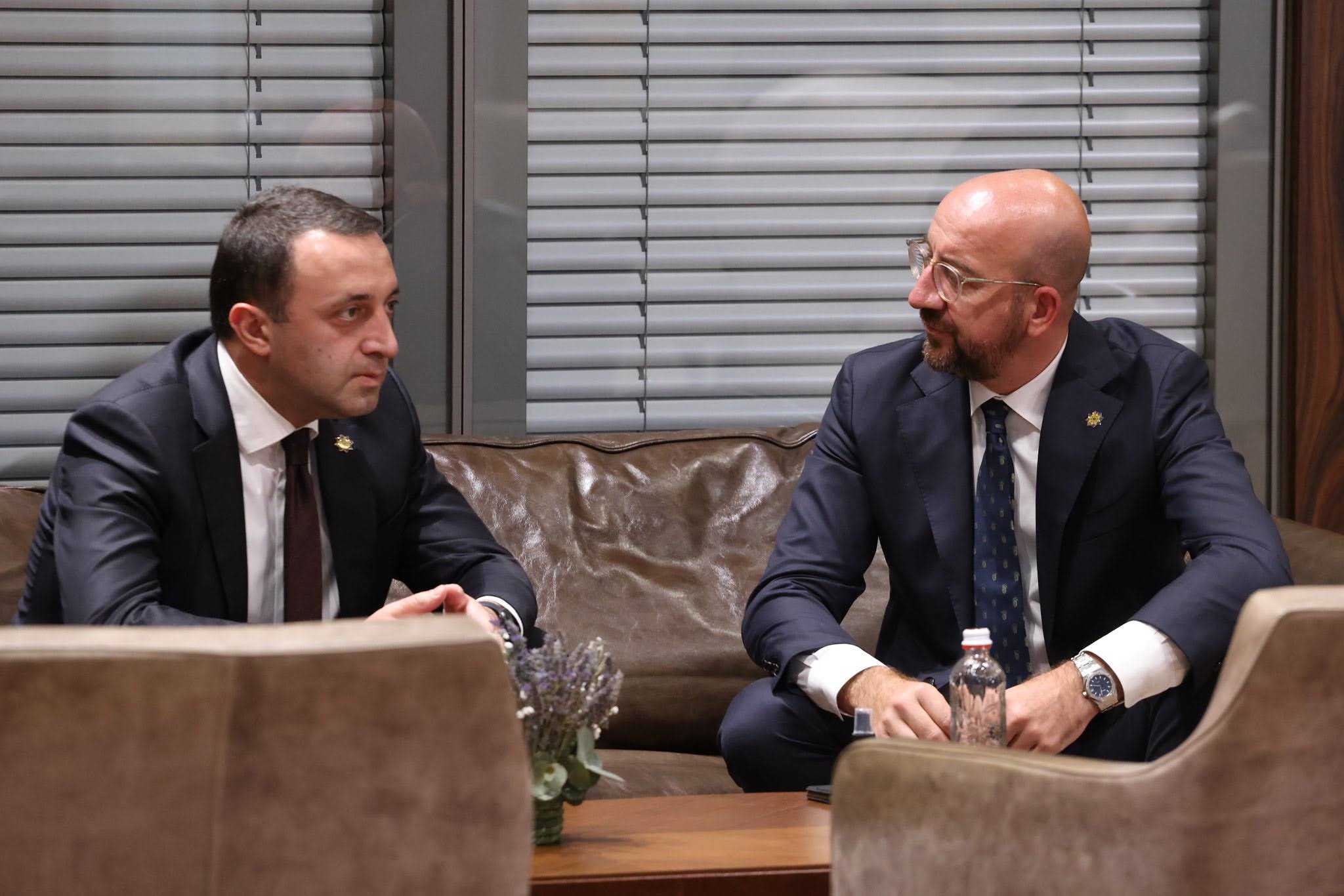
Georgia’s United National Movement (UNM) have announced they are ending their on-again, off-again boycott of parliament, citing the release of party leader and former president Mikheil Saakashvili as their priority.
Following weeks of internal debates and almost 14 months after 2020’s parliamentary elections, leading UNM member Khatia Dekanoidze announced the decision on Monday.
Dekanoidze confirmed rumours that there was disagreement within the UNM, the largest opposition party in Georgia, but said they arrived at the decision by casting votes.
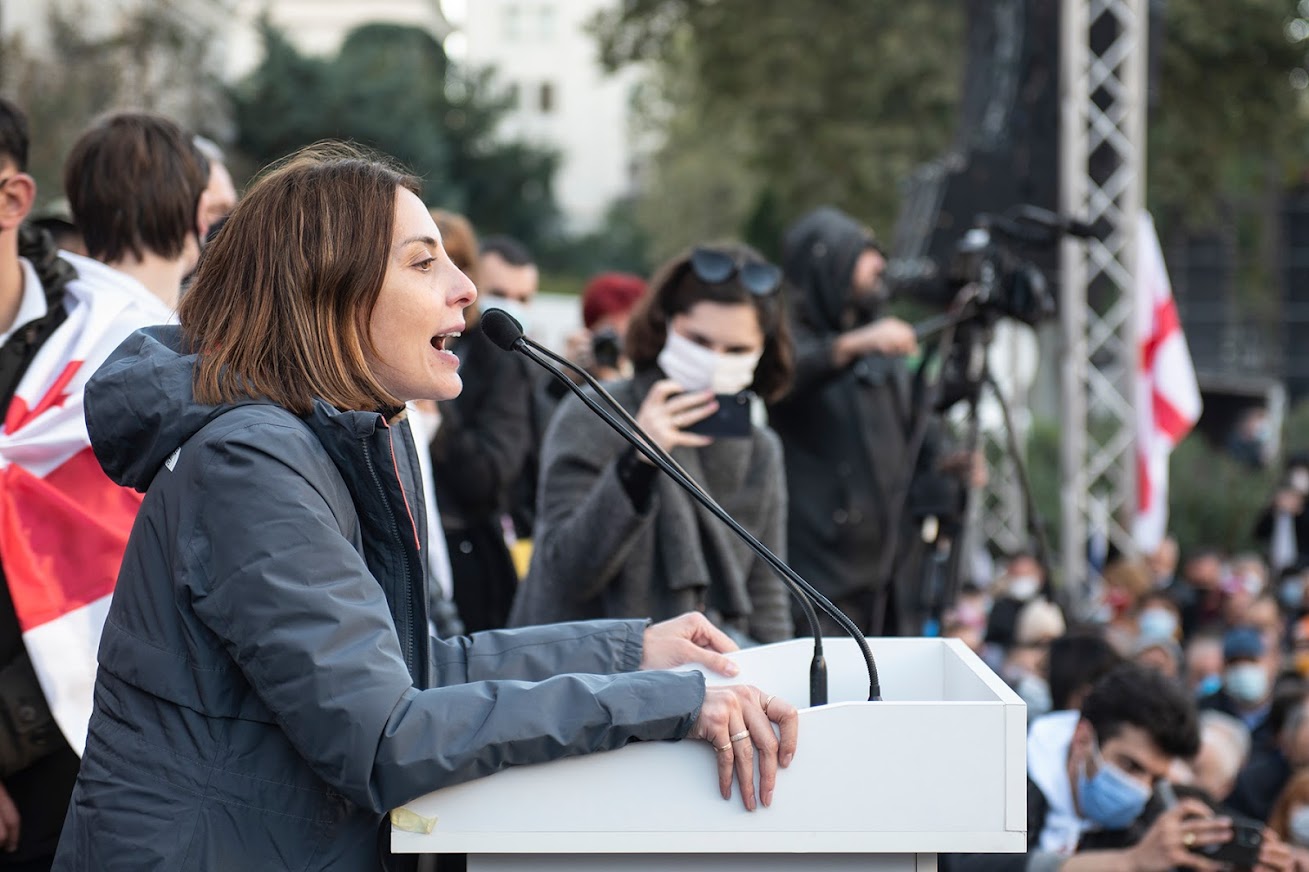
She vowed that fighting Mikheil Saakashvili’s imprisonment would be ‘one of the main axes’ of their parliamentary work. This includes, according to UNM, setting up a parliamentary commission to look into allegations Saakashvili has been abused in custody.
Saakashvili, currently an honorary chairman of the UNM, the party he founded, and a Ukrainian citizen, was detained in Tbilisi on 1 October last year after he smuggled himself into Georgia. He has since been serving a 6-year prison term for which he was sentenced in absentia. Saakashvili is also facing two additional court cases for abusing power while in office.
[Read more: The 2007 crackdown — Saakashvili’s greatest mistake?]
The UNM, who hold 30 seats in parliament, will need the support of other opposition parties to reach the minimum of 50 votes necessary to form a parliamentary commission.
An intermittent boycott
The UNM, which led a Strenth in Unity coalition that included four other smaller parties, have repeatedly ended and restarted their boycott since October 2020’s parliamentary elections that handed Georgian Dream a third term in power. All major opposition parties agreed to boycott parliament after claiming the elections were rigged.
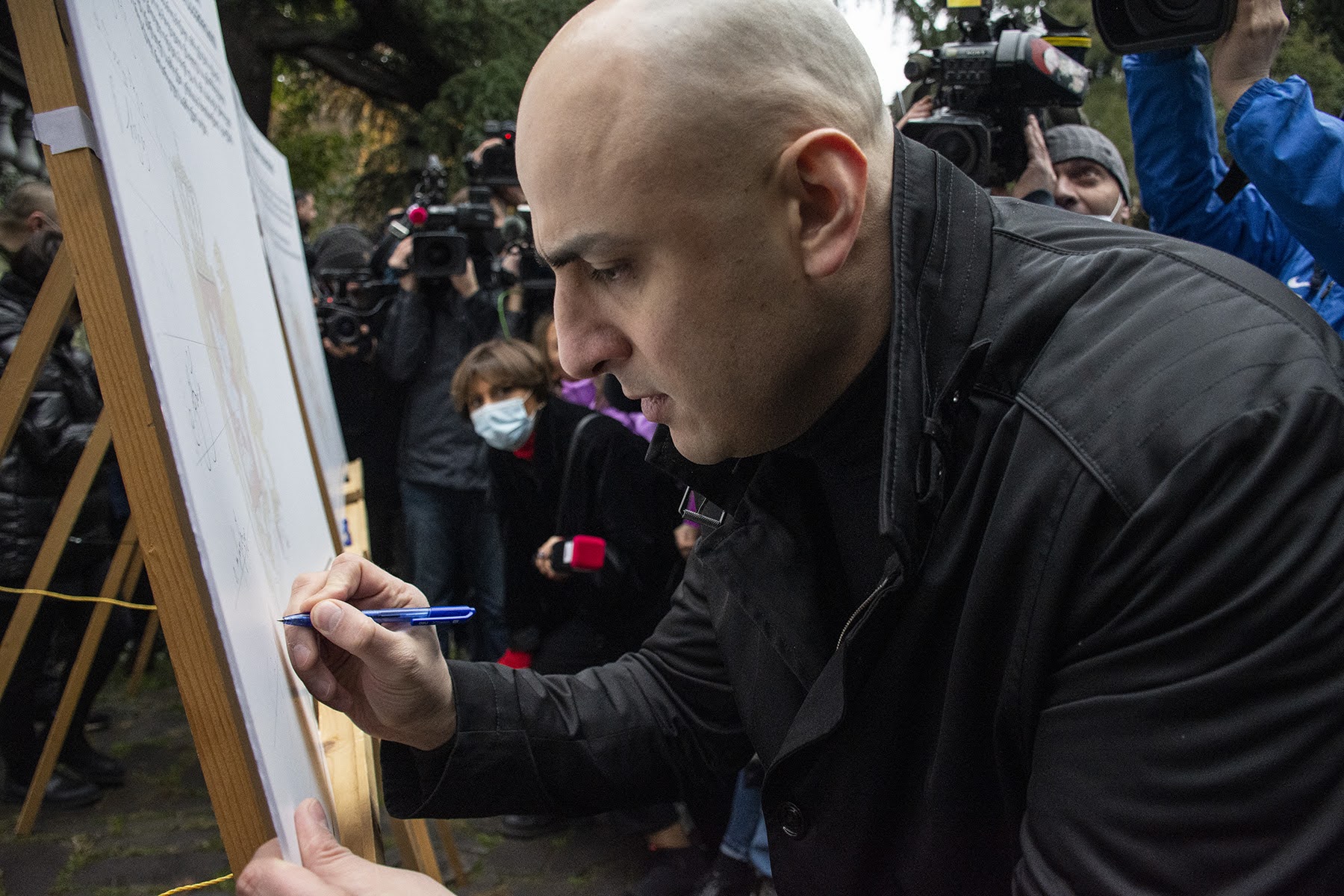
Soon after the election, cracks began to appear in the opposition’s unity, with MPs from the Citizen’s Party and the European Socialists (formed from turncoat members of the Alliance of Patriots) agreeing to take up their seats.
After EU Council President Charles Michel brokered a deal, most other opposition parties agreed to end their boycott in exchange for institutional reforms.
While refusing to sign the EU-brokered deal, the UNM nonetheless agreed to end their boycott following the release of party chair Nika Melia, a condition of the agreement.
The UNM vowed to boycott again in July 2021, citing mass violence against journalists and civil activists, as well as against party members camped outside the Parliament building, during 5 July’s homophobic riots in Tbilisi.
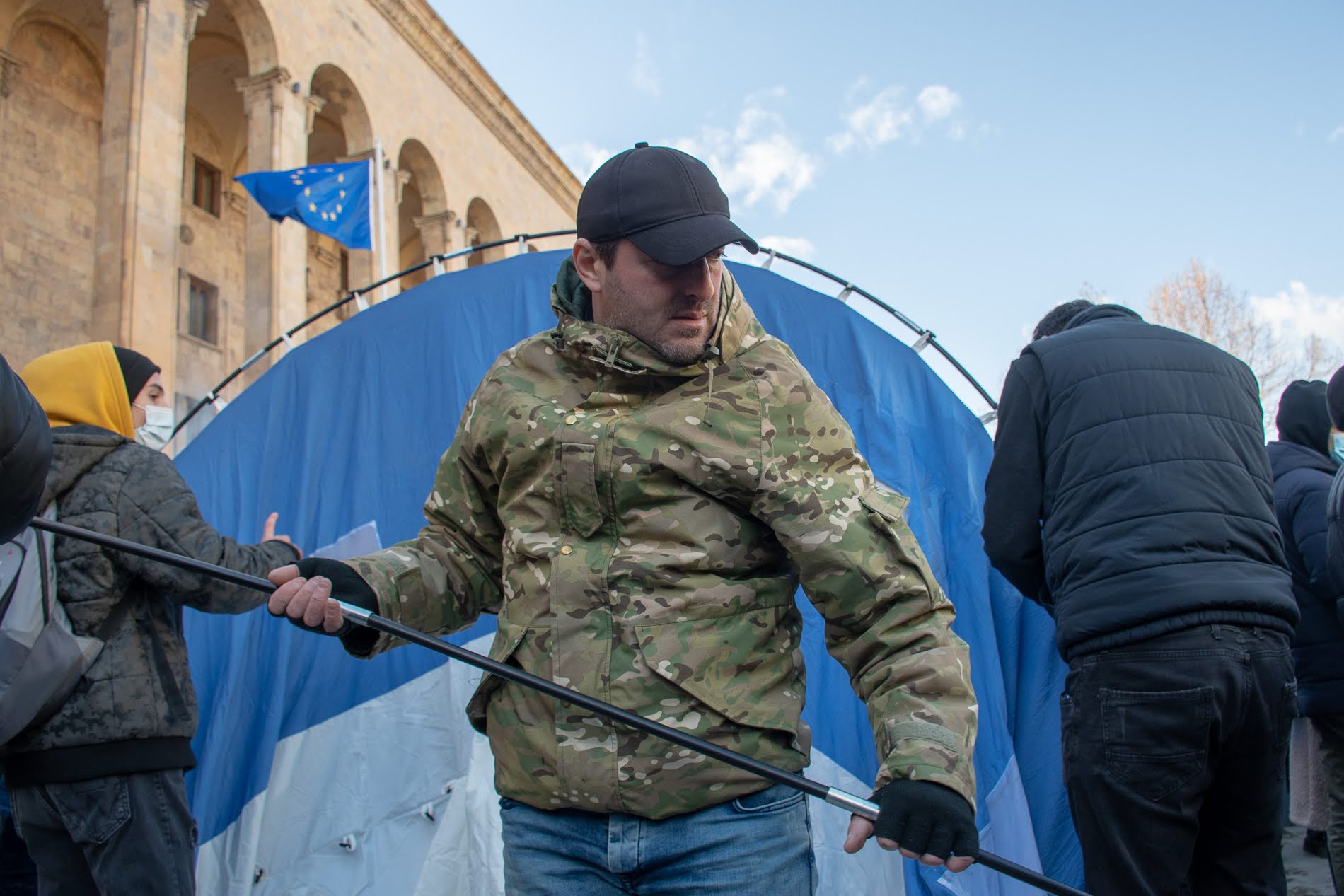
In early September, the UNM agreed to sign the Charles Michel agreement which stipulated that the opposition end their boycotts, despite Georgian Dream having unilaterally declared the deal ‘void’ in July.
The party announced yet another parliamentary boycott on 2 November to demand adequate protection for Saakashvili’s life and health in prison.
Saakashvili, who was on hunger strike at the time, instead appealed to his party to engage in parliamentary work.
He said the party needed to force Georgian Dream to adopt institutional reforms, an apparent reference to reforms the ruling party committed to under the Charles Michel agreement.
Despite Saakashvili’s suggestion, UNM Nika Melia faced internal criticism for signaling the party would reverse their boycott earlier this January. The party’s disputes over the issue have largely remained outside the public eye.

